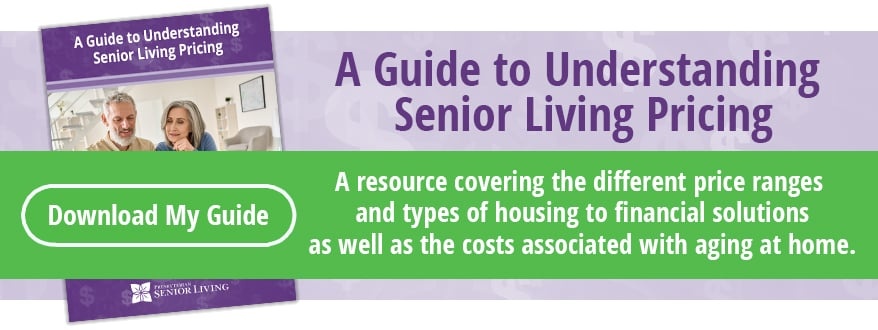The annual Medicare open enrollment period has arrived! This eight-week process begins on October 15th each year and runs through December 7th. During this time, Medicare recipients can make changes to their existing plan. If you are preparing to review your current Medicare coverage or help a parent with theirs, it’s common to feel confused and unsure about how to begin.
Seniors sometimes feel overwhelmed with the sheer number of choices and just decide to stick with their current plan. Between researching alternatives to traditional Medicare and figuring out which ones your physicians are part of, it can be time-consuming and tedious. But staying with the current provider without exploring others may not be the best approach. You may end up spending more money and getting less coverage for it.
It's also important to consider what has changed with your health or your loved ones over the last year. As we age, our health care needs typically evolve. A health-care plan that might have worked in the past, might not be suitable now. There may be a solution that offers better coverage for a senior’s current needs.
Making the Most of Medicare Open Enrollment Period
Here are a few tips to help you navigate your way through open enrollment:
- Evaluate current satisfaction: Are you or your parent happy with your current health-care providers, such as doctors, hospitals, lab services, and others? Are appointments easy to schedule and available in a reasonable amount of time? Does the location continue to be accessible? Make a list of things that are working with the providers a senior sees most, as well as those that aren’t.
- Examine out-of-pocket expenses: Gather up health-care receipts for the past year or two and total them. Don’t forget to include costs for premiums, co-pays, and uncovered expenses. This will help you determine the true cost of your current plan so you can compare it with others that are available.
- Review the Annual Notice of Changes (ANOC): All Medicare recipients should receive what is known as an ANOC or Annual Notice of Changes by mail in late September or early October. The ANOC outlines changes in the plan—including costs—for the next year. It’s important to take time to review it and identify any potential problems before renewing an existing plan. Make sure your preferred physicians, hospitals, outpatient centers, and pharmacies will continue to be part of the Medicare network of providers in 2024.
- Explore other options: If you or a loved one is currently enrolled in traditional Medicare, it may be worth exploring Medicare Advantage plans that are available, too. Some offer a broader variety of benefits, possibly even vision and dental coverage, for a reasonable price. Before you make any changes, though, take time to read reviews about prospective Medicare Advantage plans in financial publications and on the Medicare website.
If all of this feels like too much, and you need to connect with additional resources, we have a few suggestions you may find useful.

Resources to Help with Medicare Open Enrollment
- Medicare AgeWell Planner: This comprehensive website hosted by the National Council on Aging (NCOA) is home to a variety of resources. They range from how to understand Medicare expenses to when and how to enroll.
- State Health Insurance Assistance Plan (SHIP): When what you really want is in-person assistance, SHIP advisors are available to help seniors in every state. They answer questions about all areas of Medicare from coverage to Medigap plans. If you think you’d like to take advantage of this program, don’t delay. Appointments book quickly.
- Medicare Plan Finder: One final resource older adults may find useful in navigating coverage options is the Medicare Plan Finder. Just enter your zip code to find plans in your area.
Visit the PSL Resource Center
Because we understand the need for good information on topics ranging from senior living to caregiving, we created the Waypoints Learning Center. You’ll find articles, checklists, videos, and more. Each resource is designed to help answer common questions seniors and their families have.
